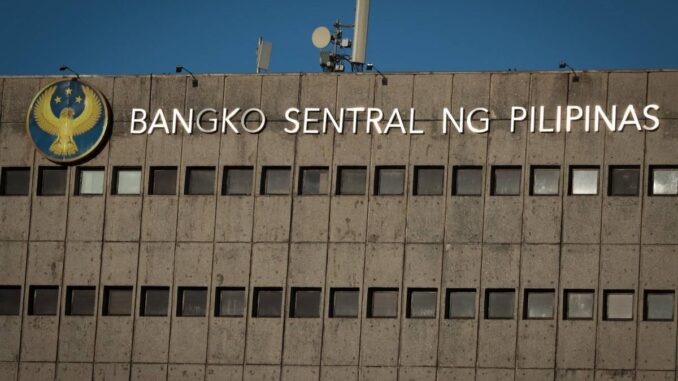
THE Bangko Sentral ng Pilipinas (BSP) wants a fixed, one-time subscription fee model to support zero fees for digital wallet transactions.
“There’s a fundamental issue. It’s not about the fees per transaction. I think that’s the wrong model. Because of what we call network externalities, there should be a subscription fee, which is fixed rather than a fee per transaction. So, we’re still trying to figure out how exactly to do that,” BSP Governor Eli Remolona Jr. told reporters in a Rotary Club event on Thursday.
He emphasized the need to rethink the existing fee structure, adding that network externalities might be better addressed through a fixed subscription fee rather than transaction-based charges.
“We’re talking to GCash, Maya, all participants, and we’re gonna agree on something,” Remolona said.
To recall, the BSP has been pushing for zero fees for small digital wallet transactions. However, only a few banks implemented it, and only for a limited time.
Other banks and nonbank institutions provide free InstaPay services, while others impose charges ranging from P8 to P25 per transaction.
A total of 78 supervised financial institutions currently offer the InstaPay service: 22 big banks, 19 thrift banks, 15 rural banks and five digital banks. Some 17 nonbank financial institutions are part of InstaPay as e-money issuers.
Currently, transaction fees between individuals and merchants are shouldered by merchants, but are typically embedded in the transaction price.
For person-to-person cash transfers, the BSP is aiming for zero fees within a threshold amount.
“The merchant pays the fees. The individual doesn’t see it, but it’s part of the price the person pays. [Transactions] between individuals, we’re thinking about making it zero. No fees up to a certain threshold. We haven’t determined the threshold,” Remolona explained.
However, banks have raised concerns that users might manipulate the system by splitting large transactions to remain under the threshold.
While a subscription fee model could simplify cost structures for consumers, implementing it requires careful calibration. The BSP has yet to announce a timeline for finalizing the proposal and rolling out the initiative.


Be the first to comment